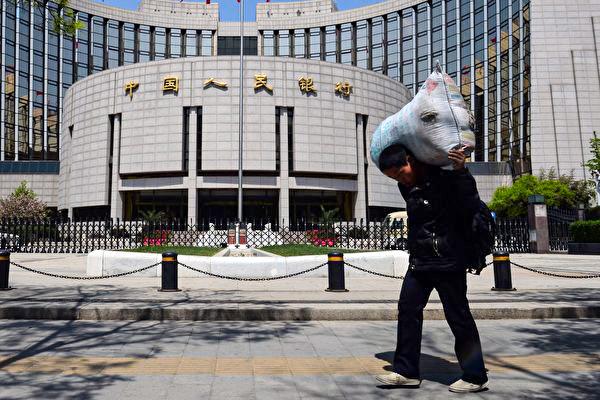China’s top disciplinary watchdog announced on May 31 that it has removed a former top official in eastern Jiangsu Province from the Chinese Communist Party (CCP) and the regime’s public office.
Zhang Jinghua, former deputy CCP chief of Jiangsu, was accused of “faking economic figures for personal promotion and meddling in market activities in violation of relevant rules,” among other charges of corruption, according to the Central Commission for Discipline Inspection (CCDI) in a notice on May 31. It did not provide any specifics for the accusation.





